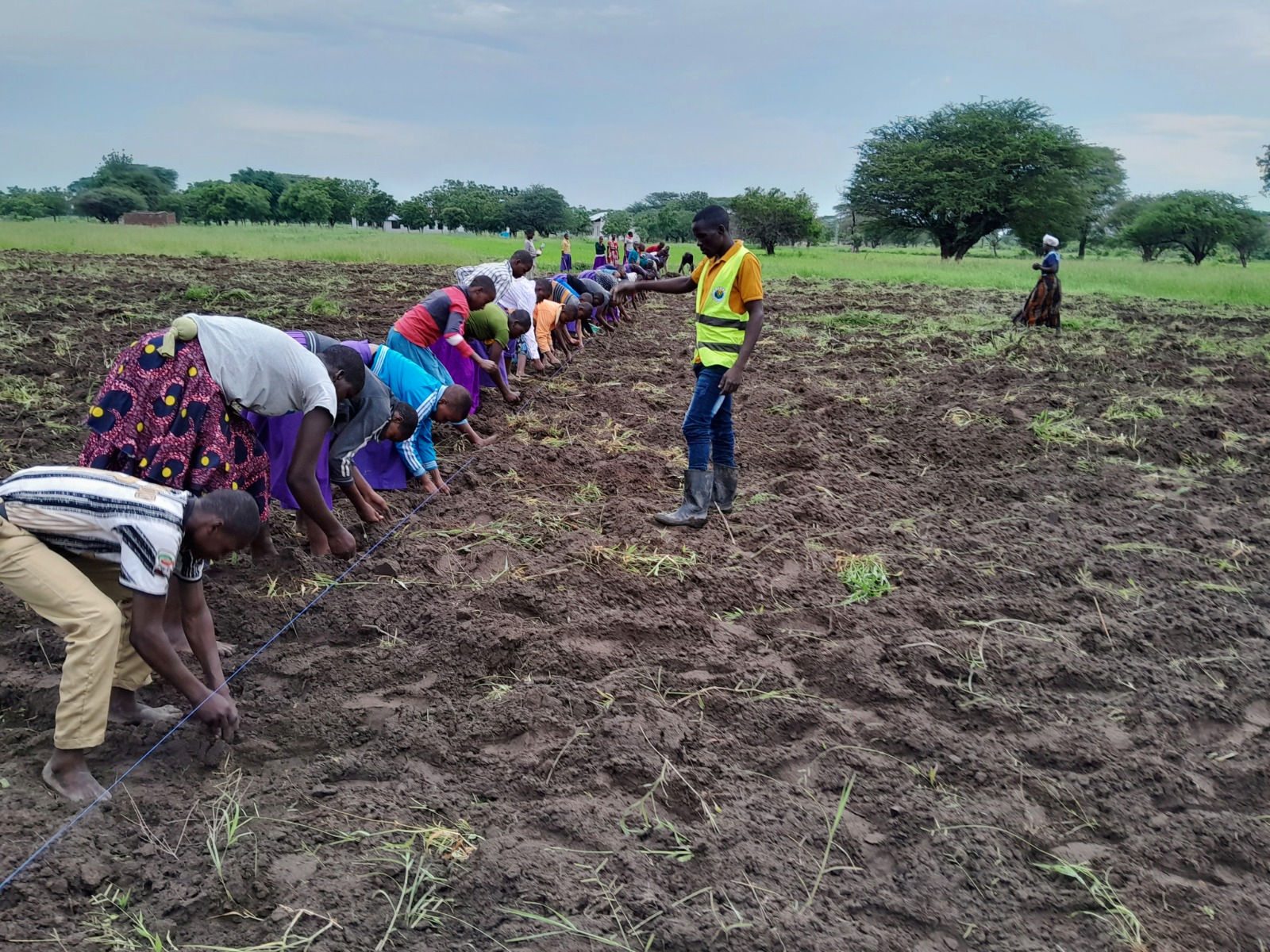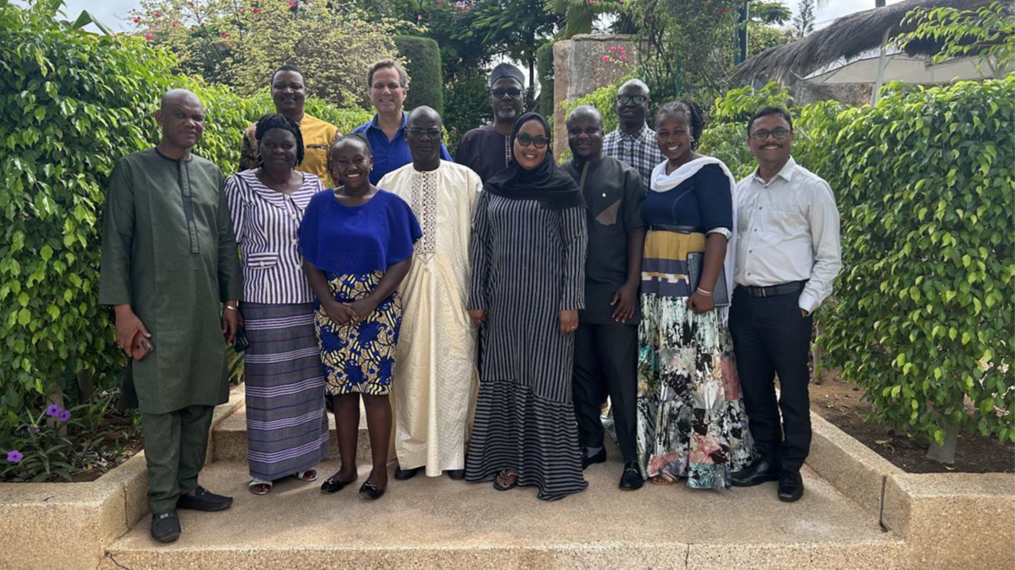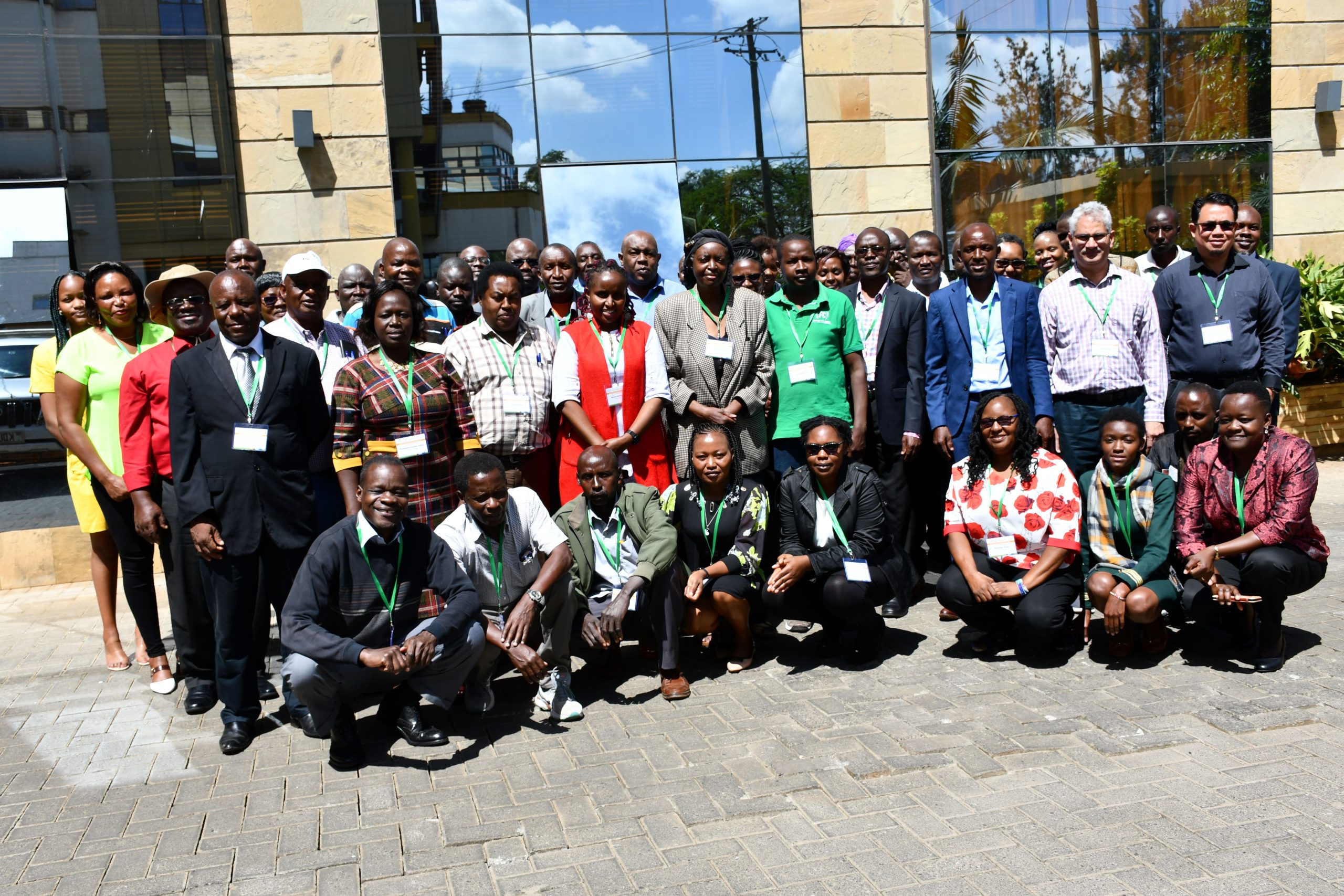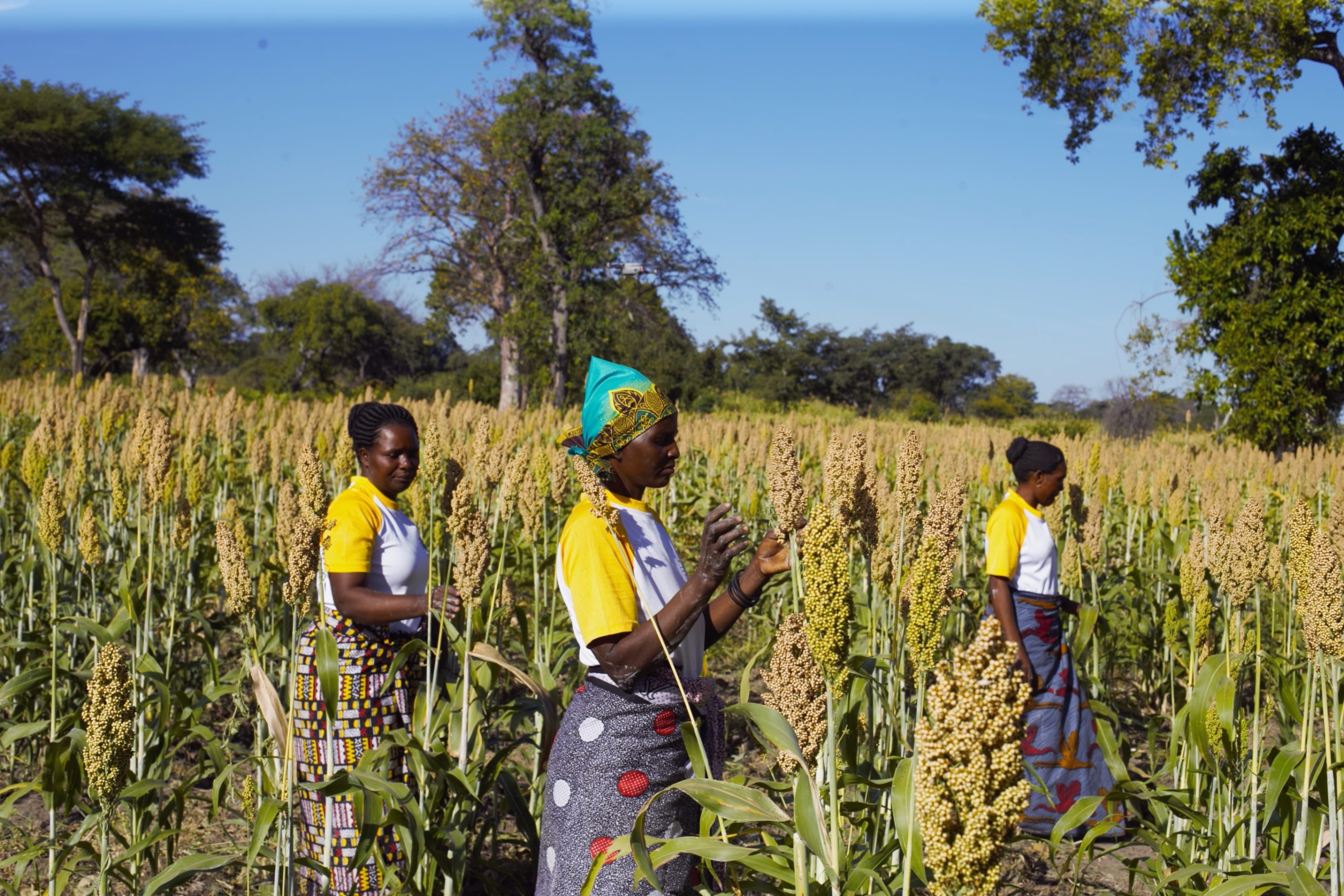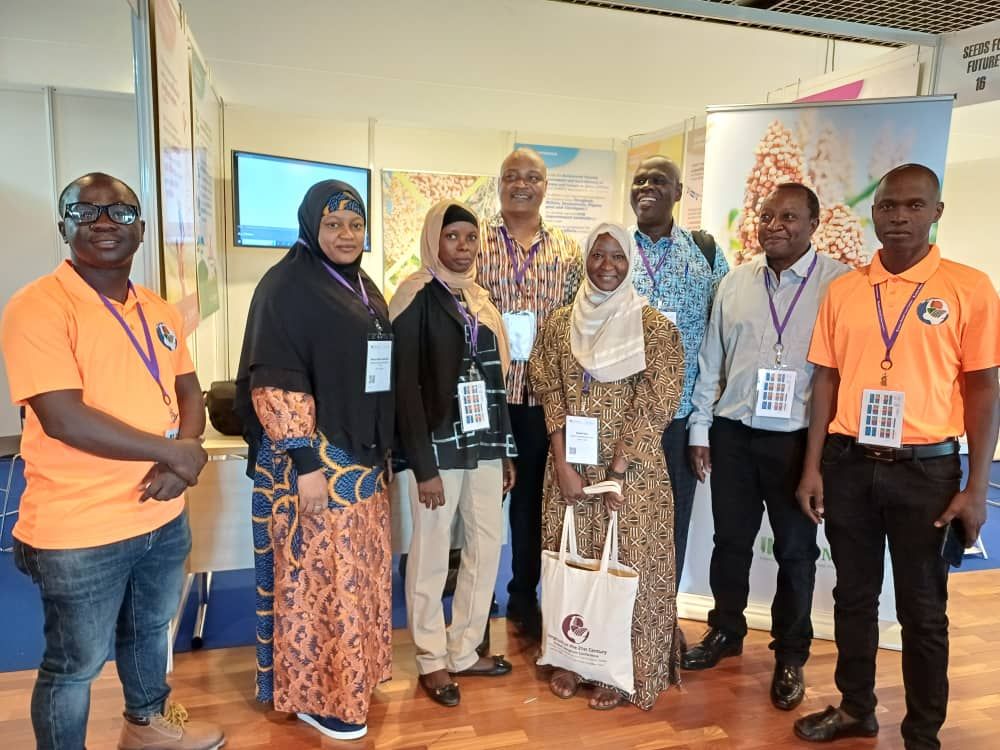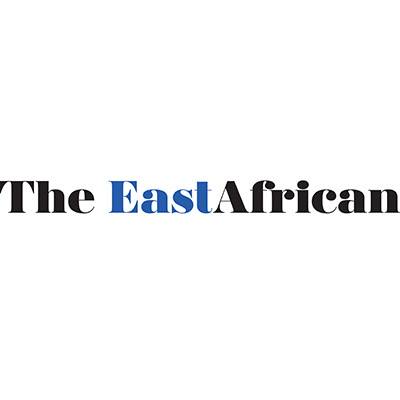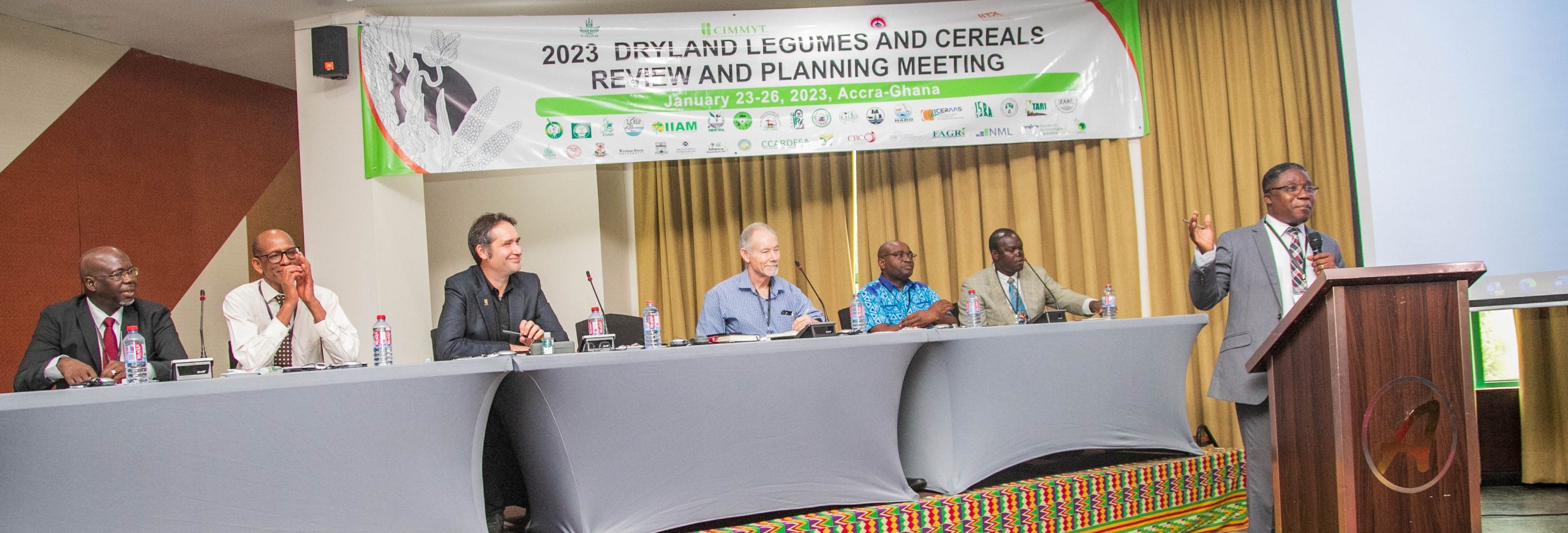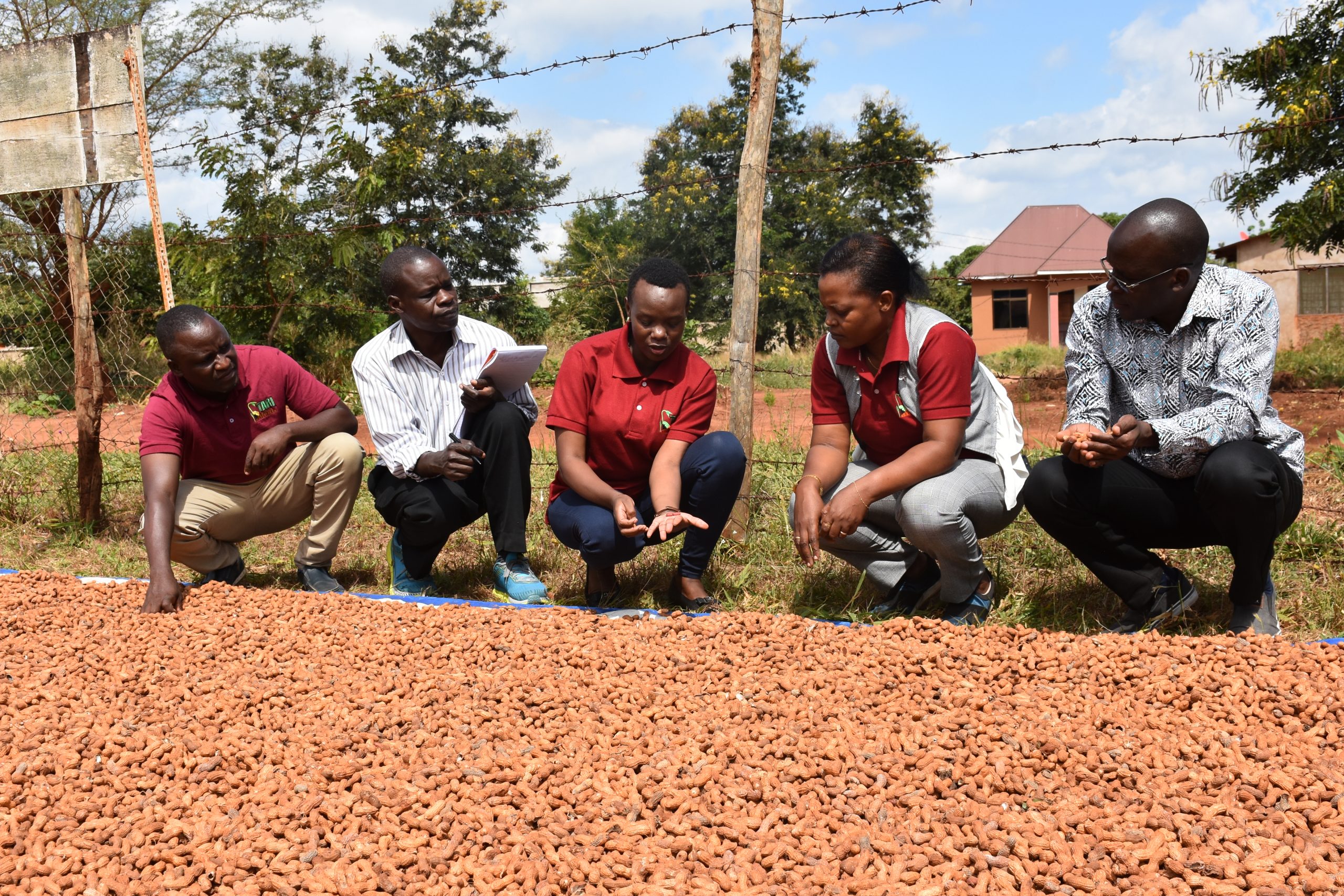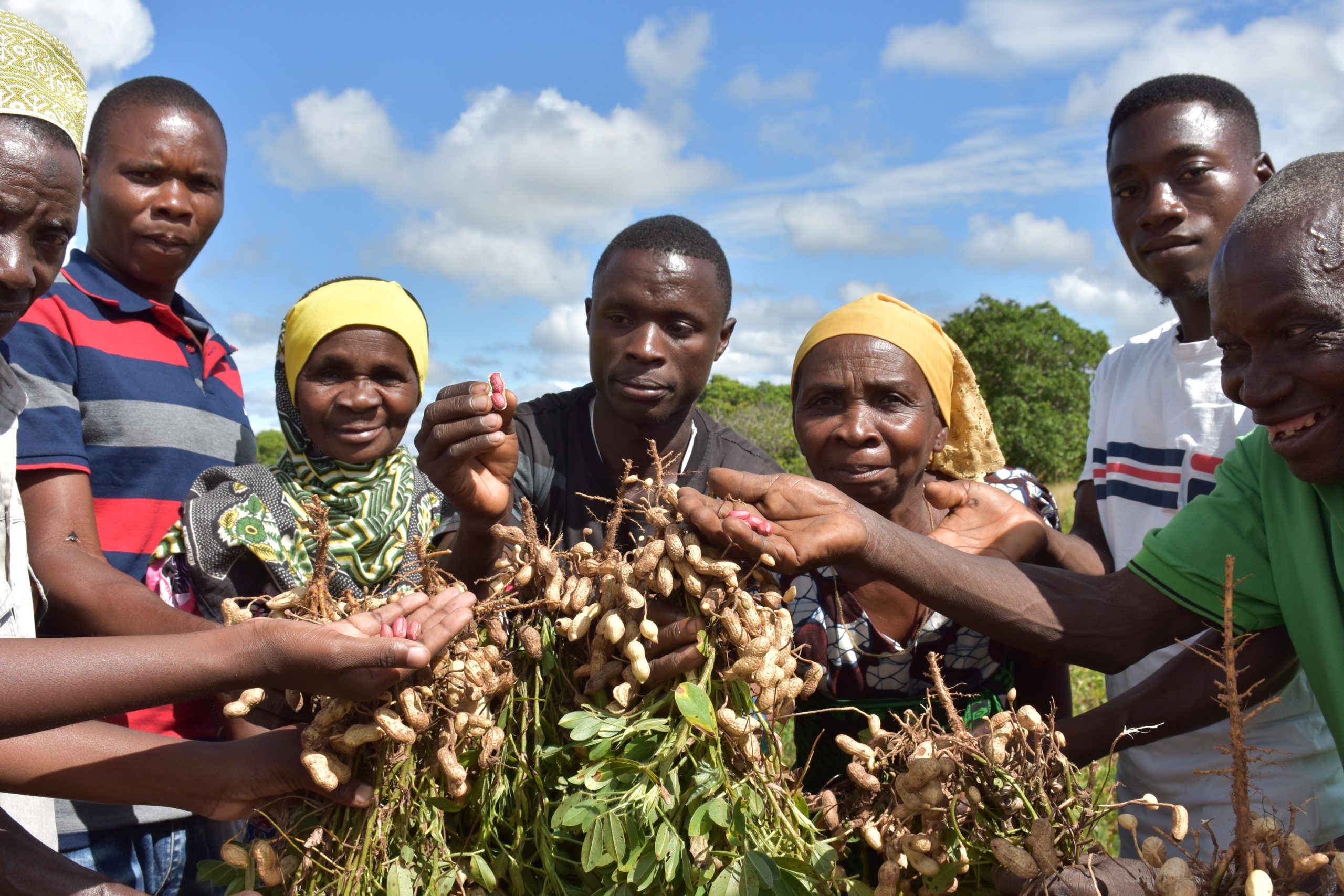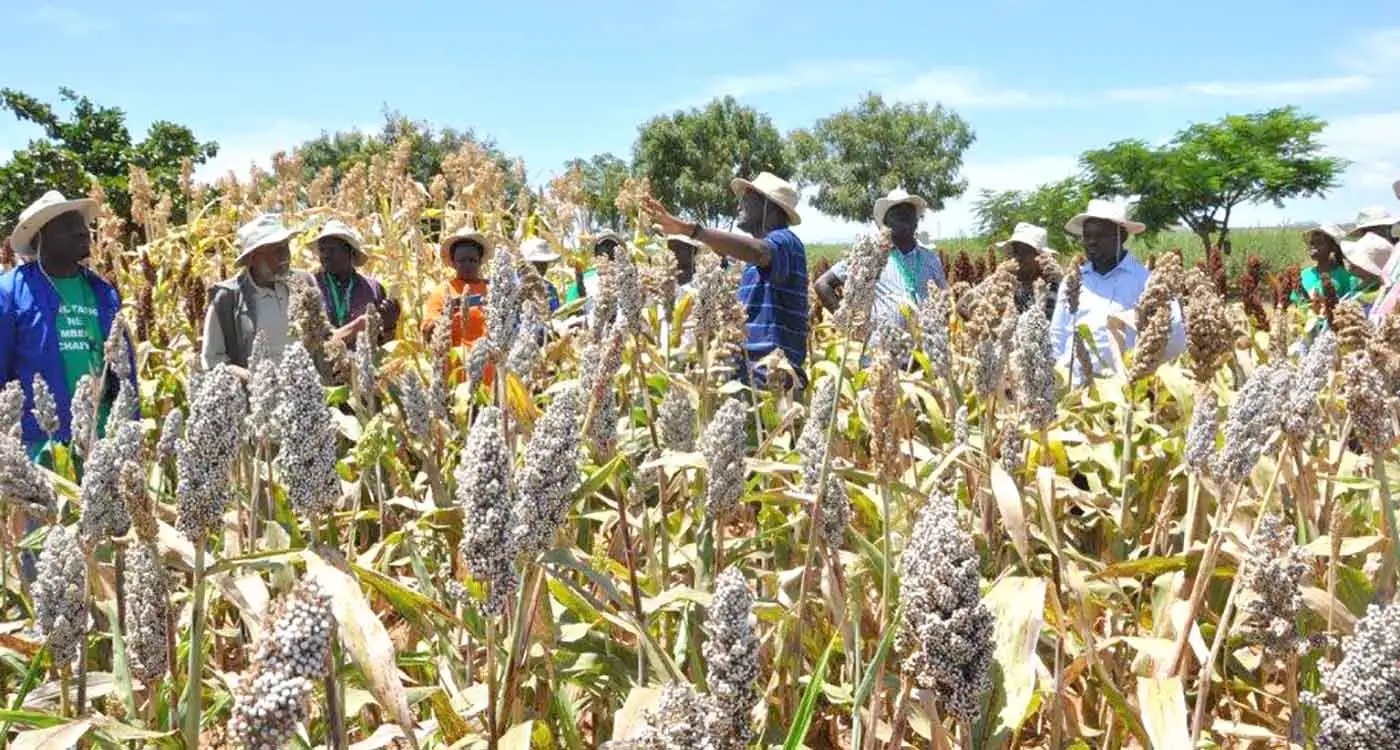Dryland Crops, formerly known as the Accelerated Varietal Improvement and Seed Systems in Africa (AVISA) project, aims to improve the livelihoods of small-scale producers and consumers of sorghum, millet, groundnut, cowpea and bean. Project partners focus on improving the breeding and seed systems of these crops in their key geographies in Burkina Faso, Ethiopia, Ghana, Mali, Nigeria, Tanzania and Uganda. Other crops receiving growing attention in the project include finger millet, pigeon pea and chickpea.
Although significant adoption of improved seed of dryland cereals and legume crops in Africa has been reported, its overall use remains low. There is a growing interest in these crops, particularly because of their resilience to climate-change; however, the seed sector is constrained by lack of product information, dearth of knowledge of the size and scale of the business opportunity, and inadequate access to early generation seed.
Dryland Crops will address these constraints by contributing to the establishment of robust systems that:
- Enable networks to work synergistically across countries with common challenges and opportunities.
- Support national agricultural research systems to access research, professional development and infrastructure-building opportunities.
- Increase the quantity and quality of data substantiating varietal superiority and the demand for seed and grain of improved varieties.
- Boost the availability of early generation seed and strengthen links between the research system and private- and public-sector actors.
The aspiration is to codevelop, validate by co-implementation, and continuously improve with partners research-to-farm-to-consumer models that achieve positive impacts on farmers’ livelihoods and consumers’ wellbeing.
The Alliance of Bioversity and CIAT and IITA will lead initiatives for common bean and cowpea, respectively. For sorghum, pearl millet and groundnut breeding, CIMMYT will design programs that support crop improvement networks, including CGIAR and national agricultural research systems, and incorporate best approaches, principles, and tools, particularly those availed through the Excellence in Breeding (EiB) platform.
The project is committed to gender equity as a guiding principle, considering the critical role women play in choosing legume and cereal varieties and seed sources. Women seed entrepreneurs and women-led seed companies will garner special attention for capacity development. Partnerships with actors through the value chain, platforms and demonstrations will ensure women have equal access to improved technologies.
The previous phase of the AVISA project was led by the International Crops Research Institute for the Semi-Arid Tropics (ICRISAT).
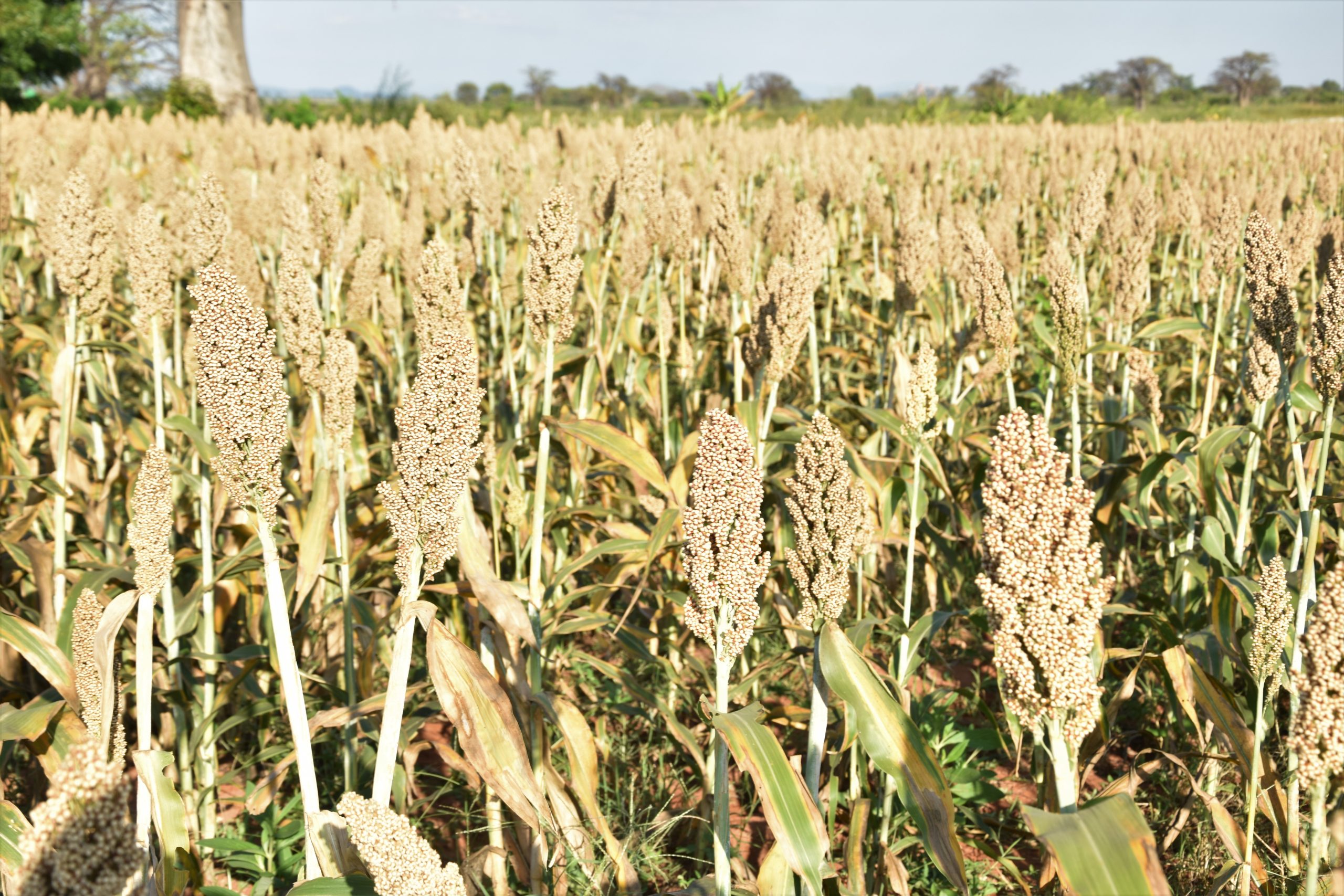
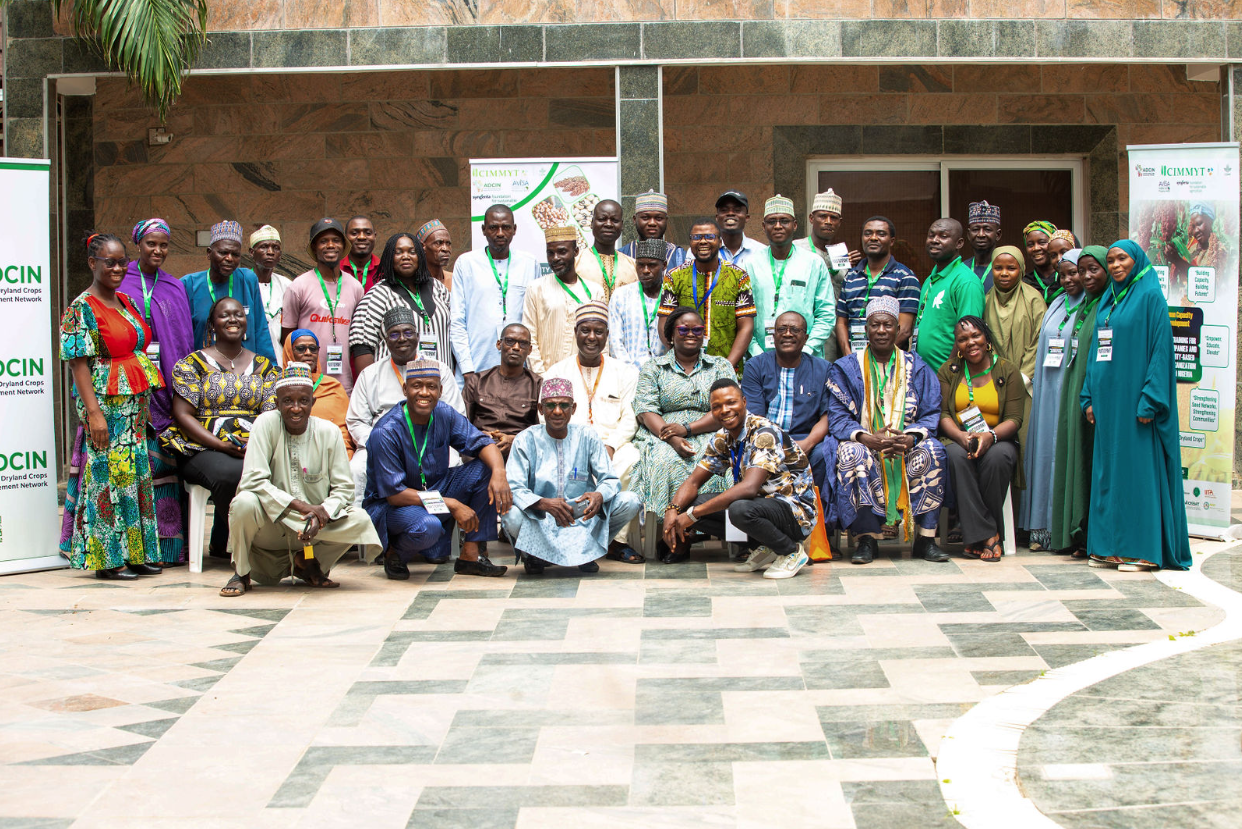
 Capacity development
Capacity development 